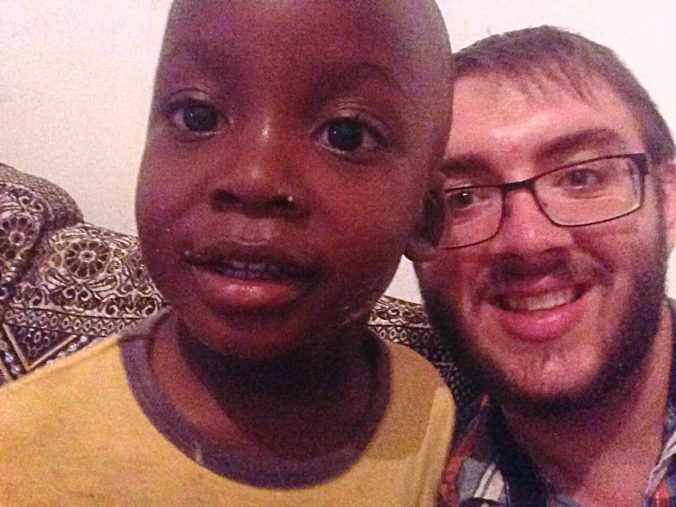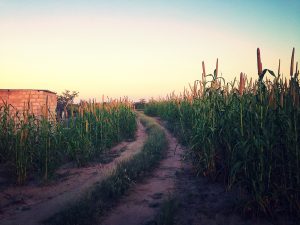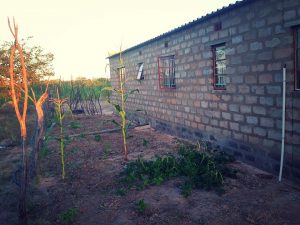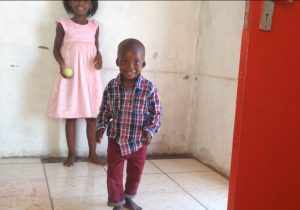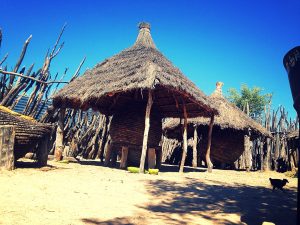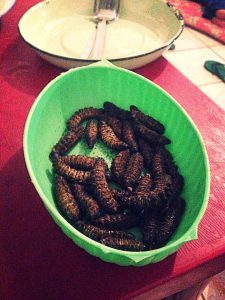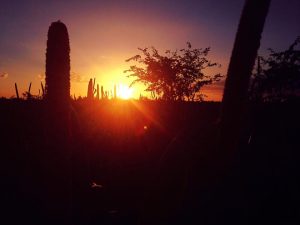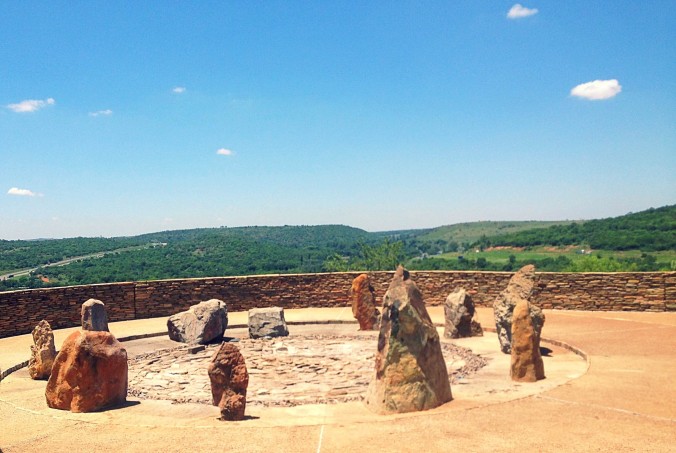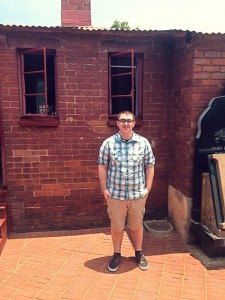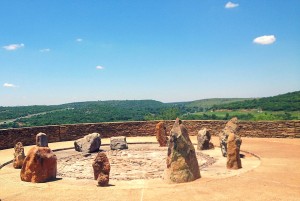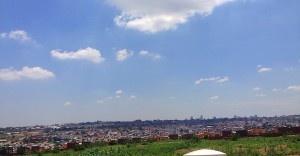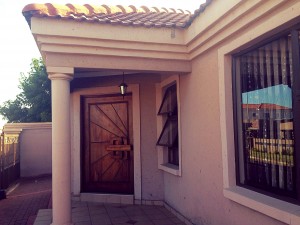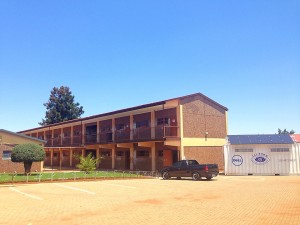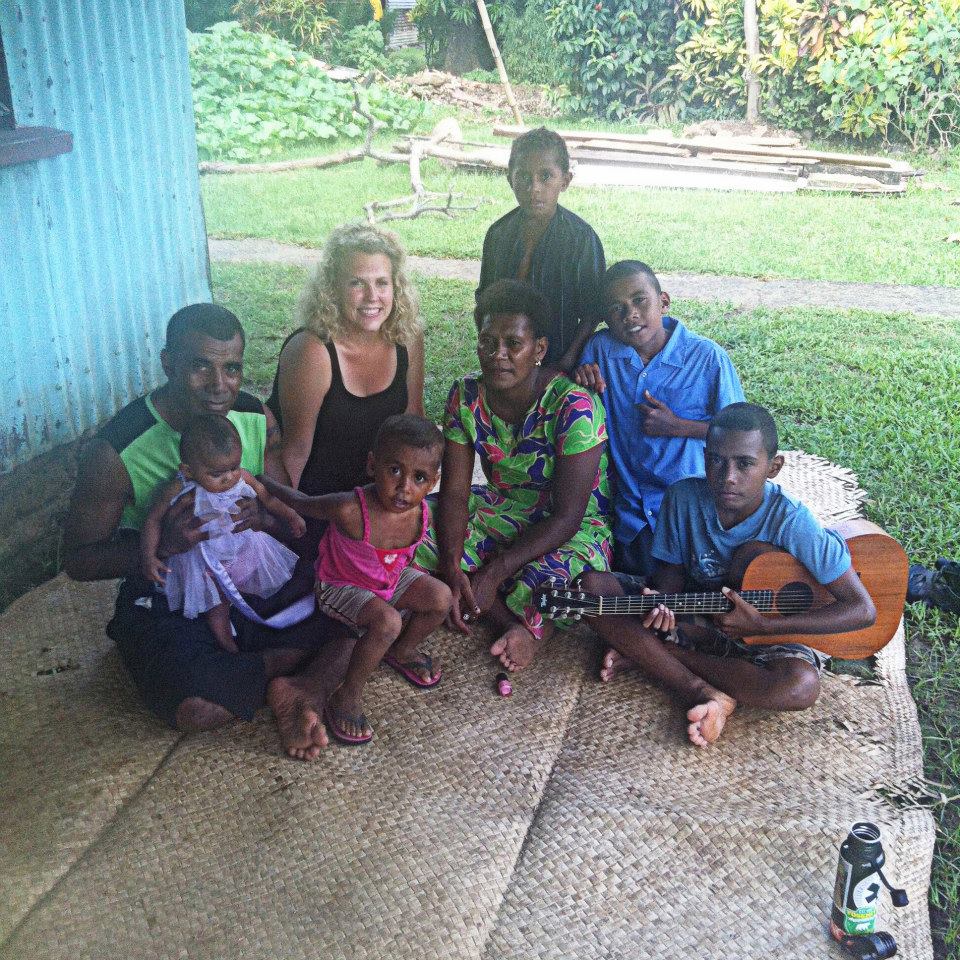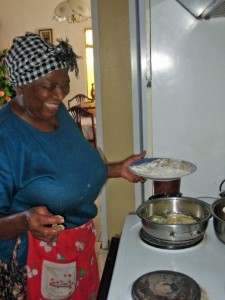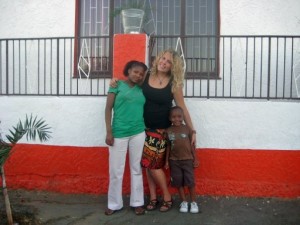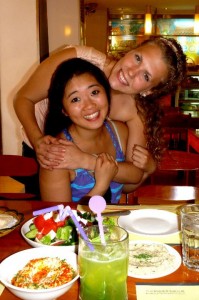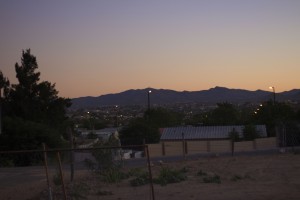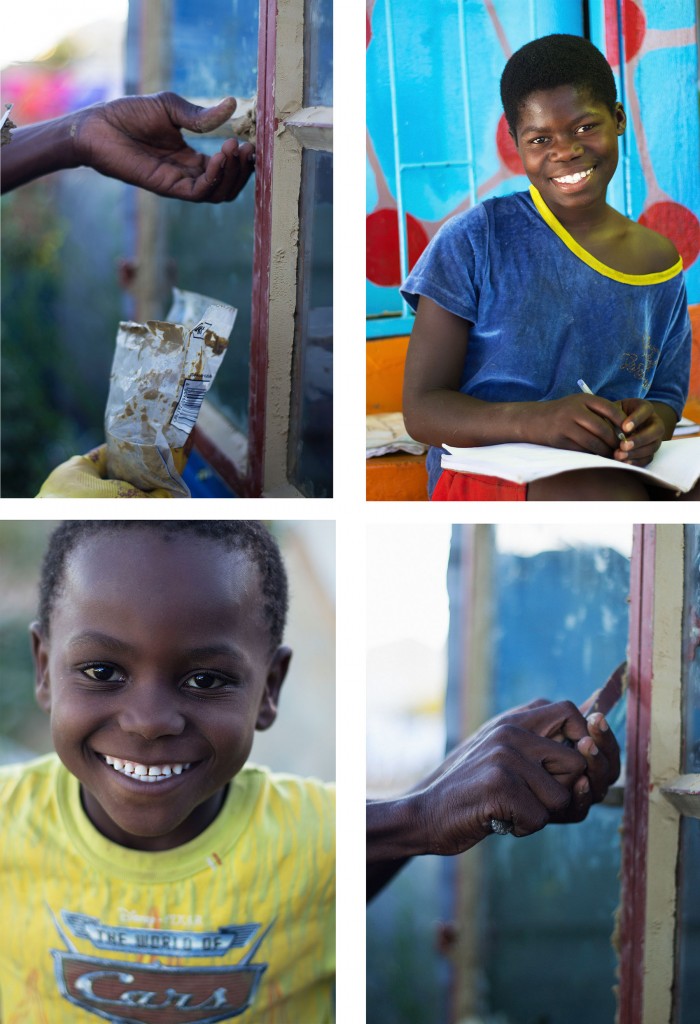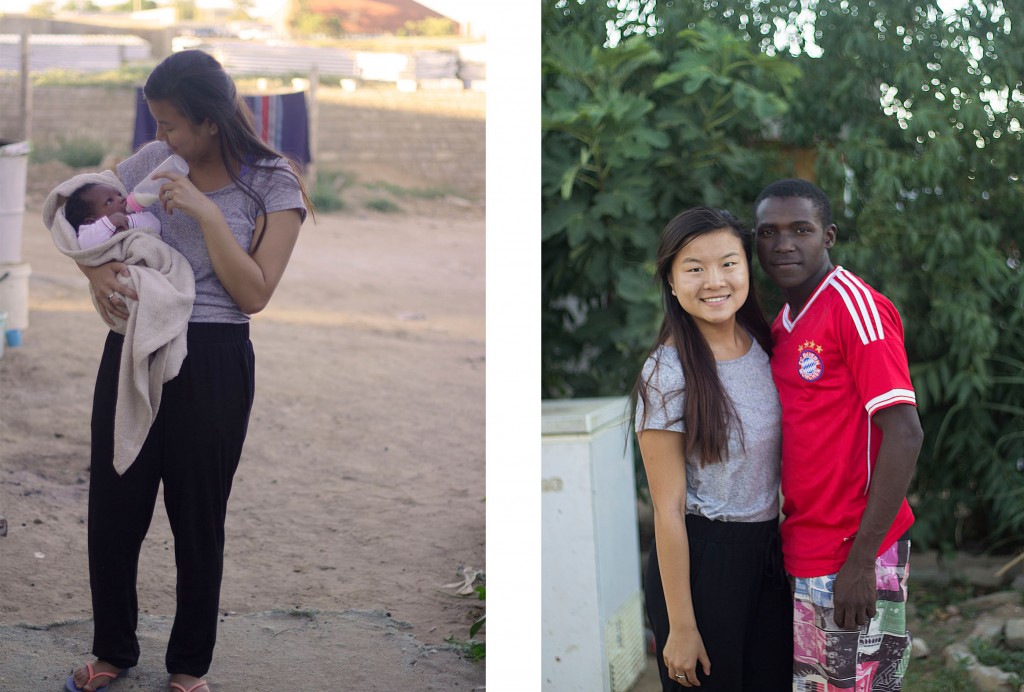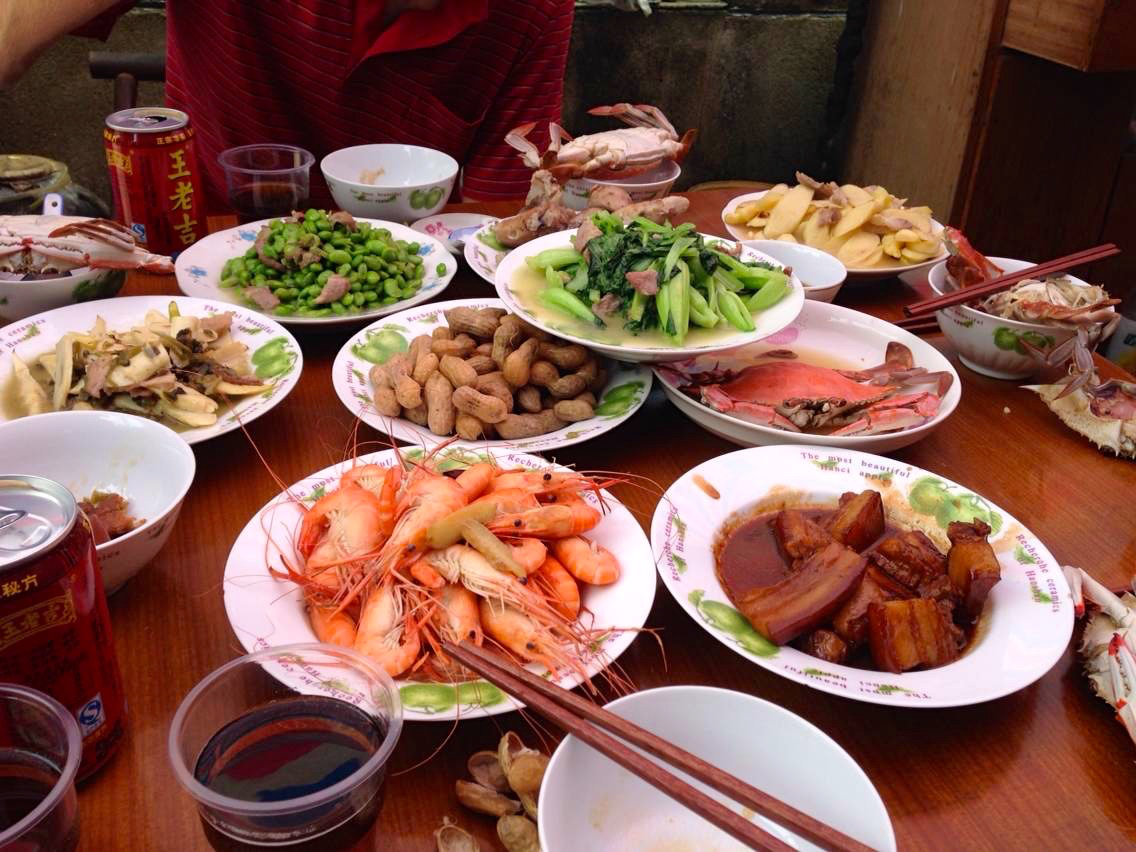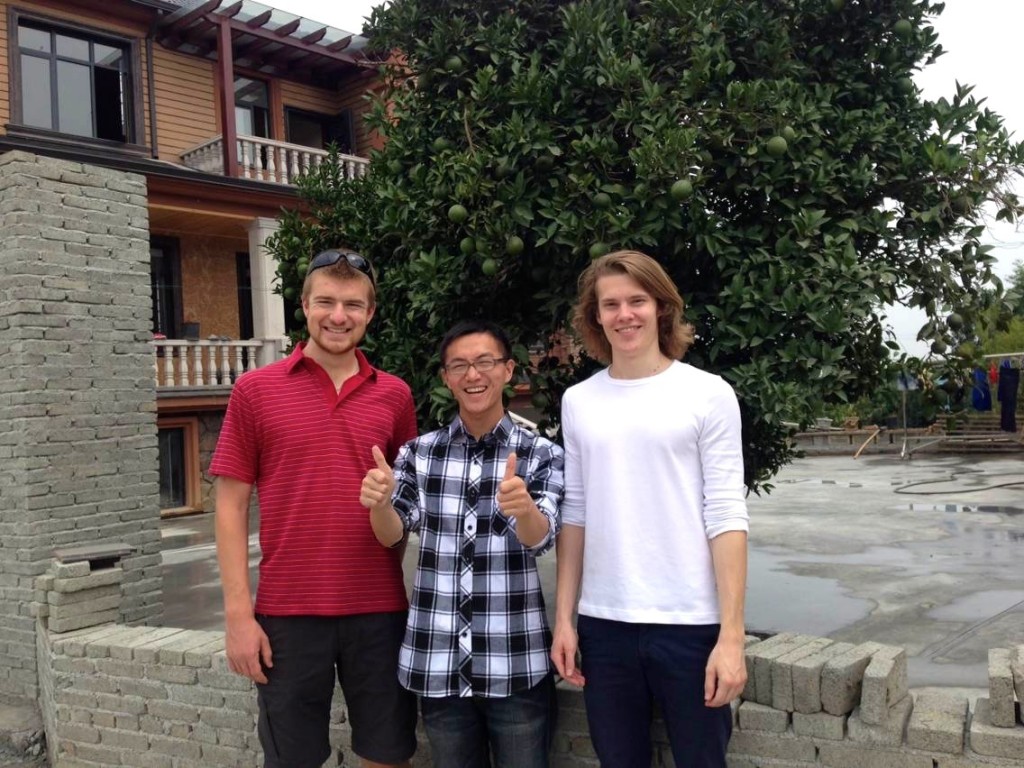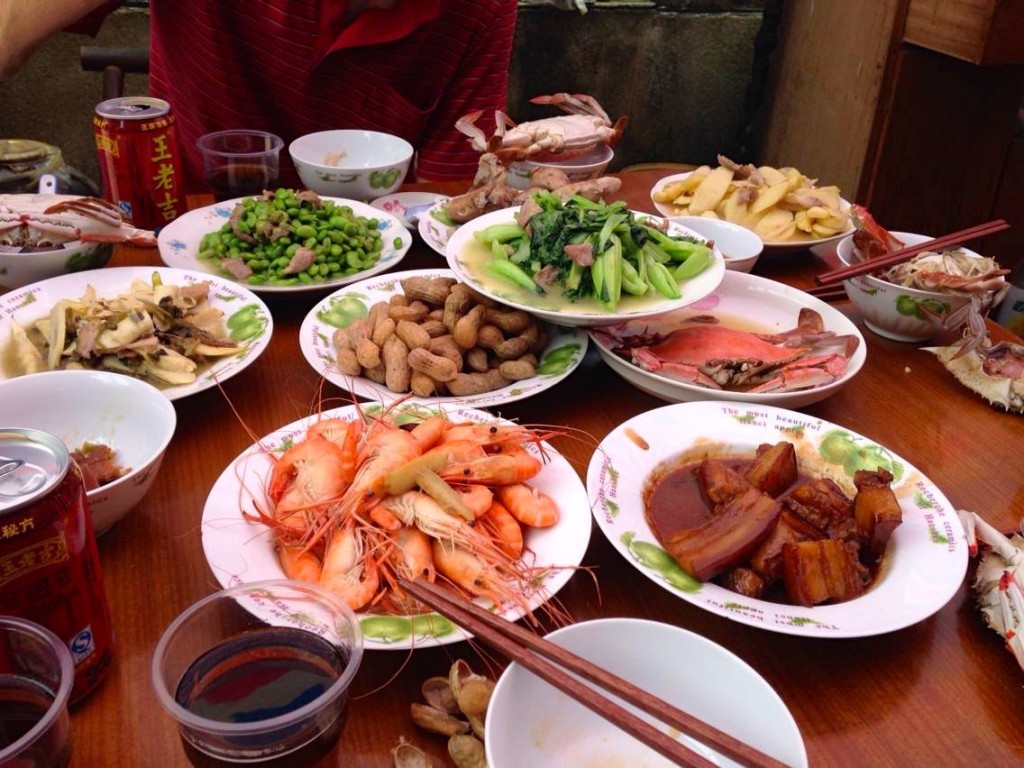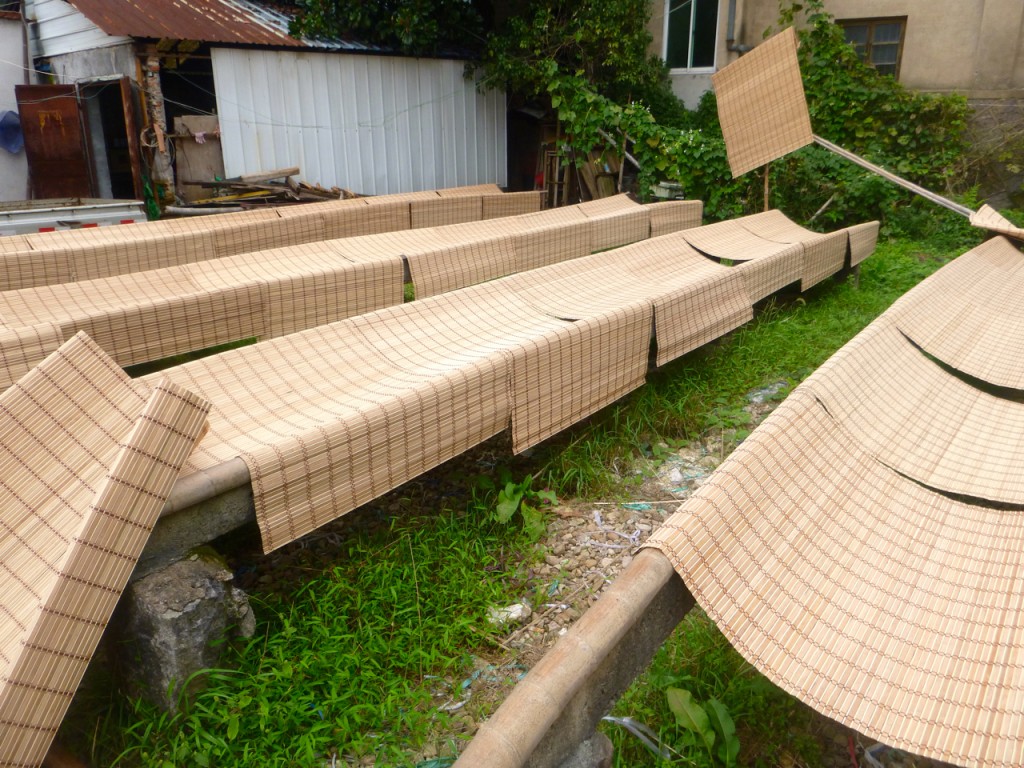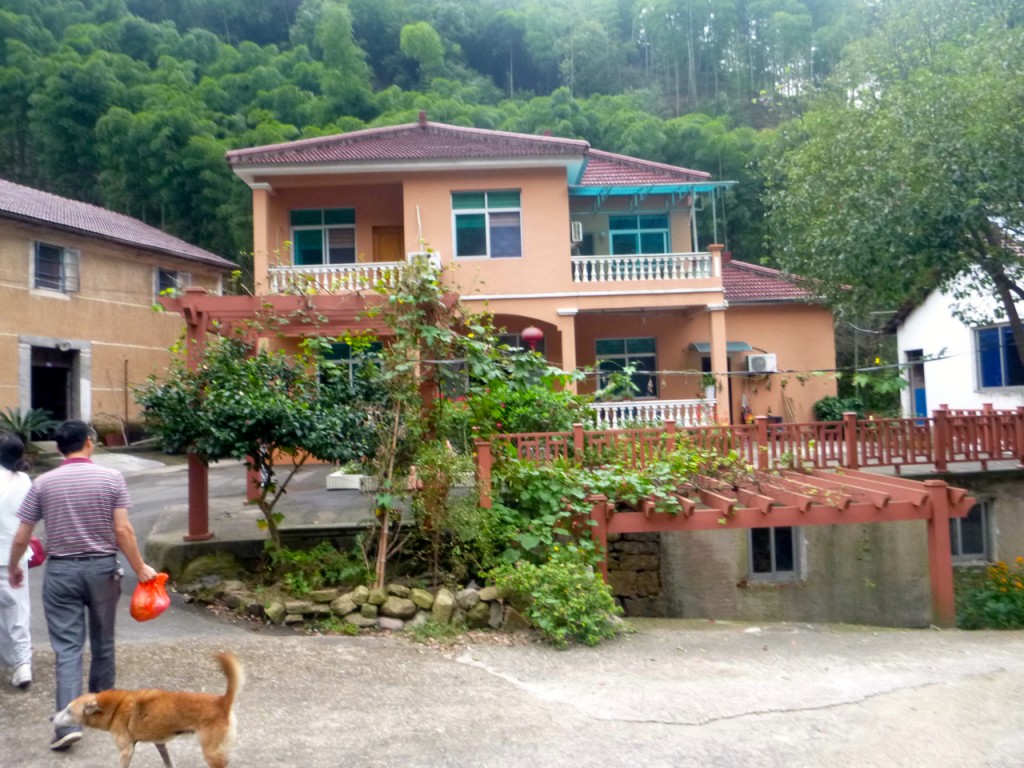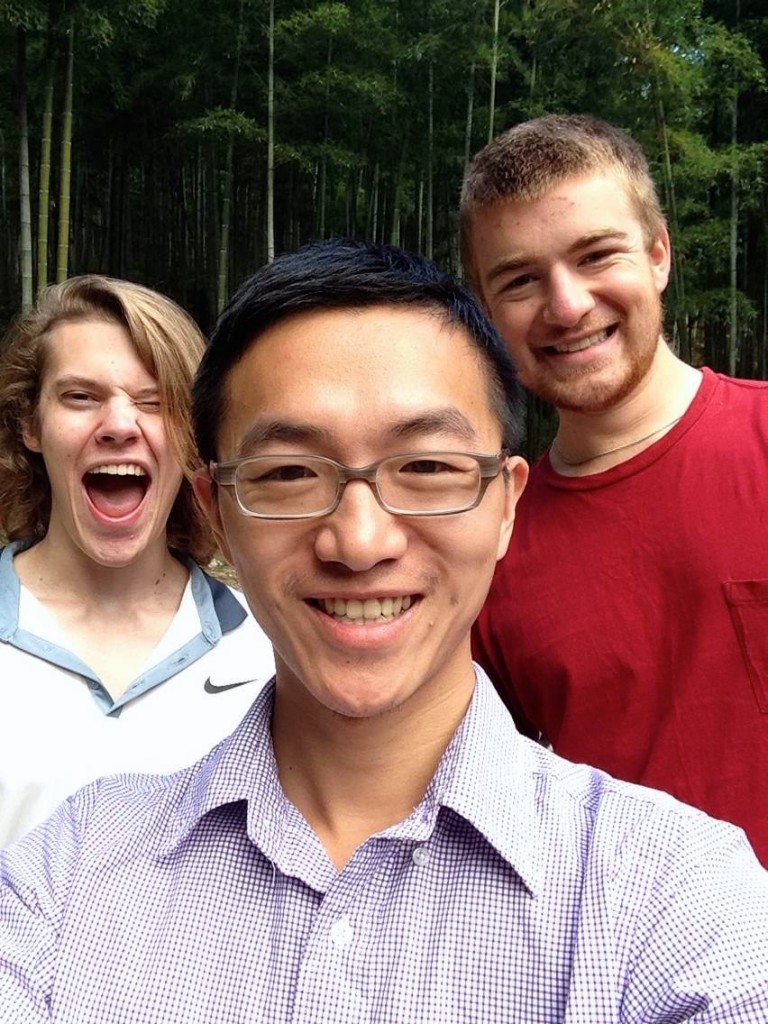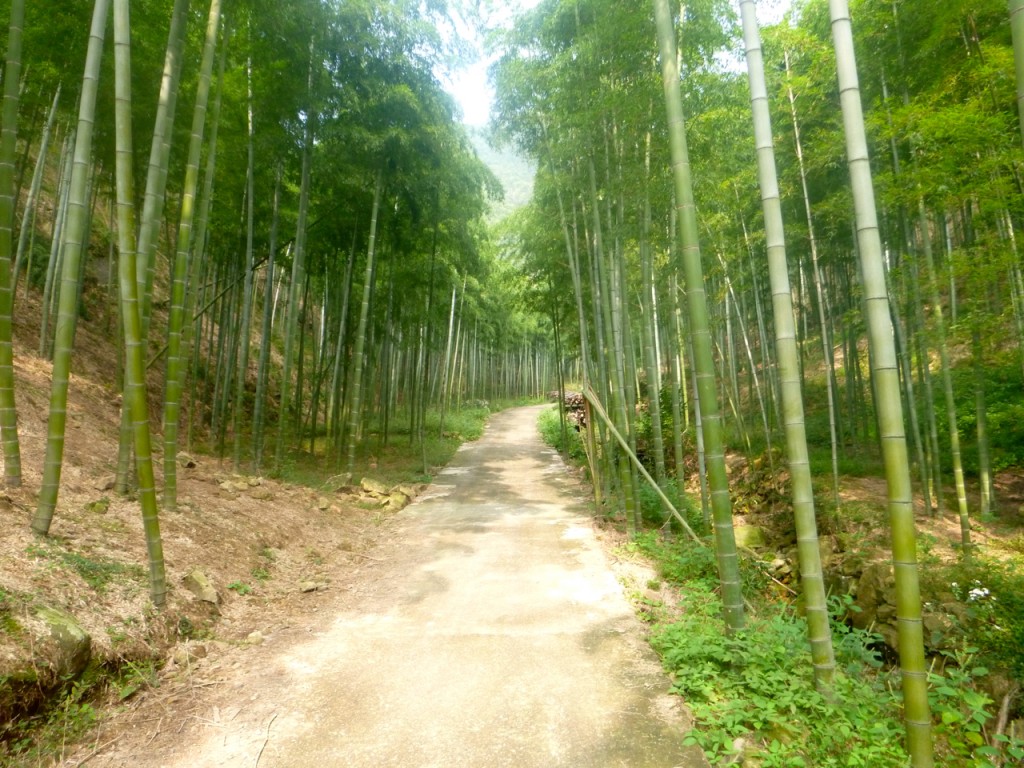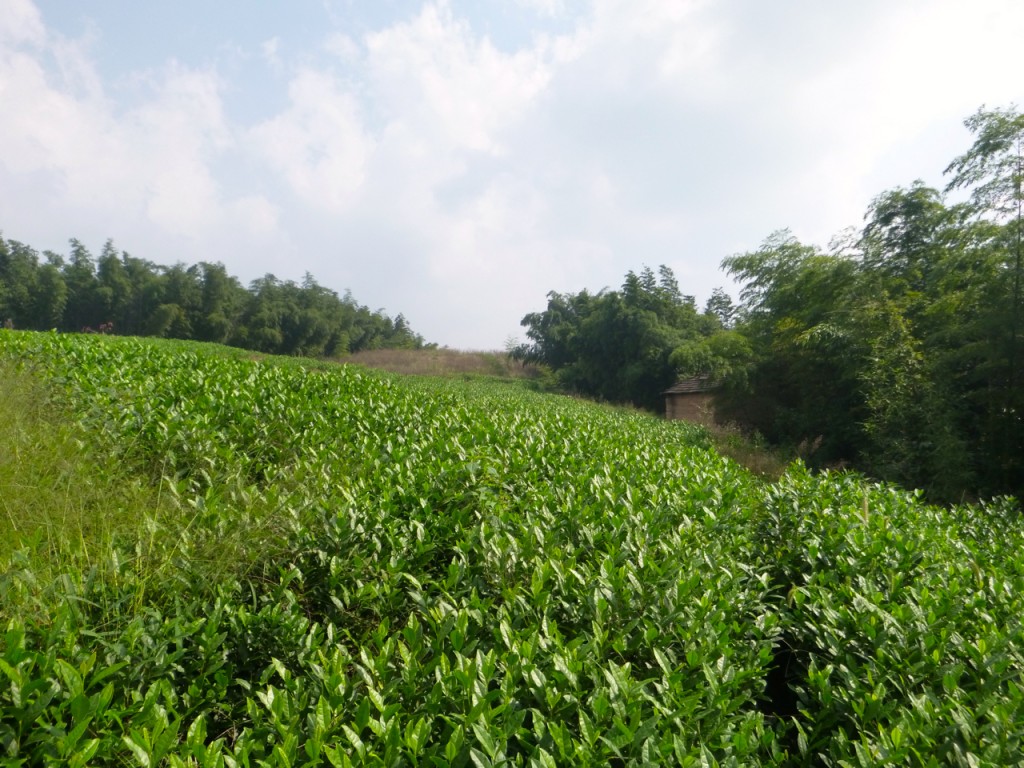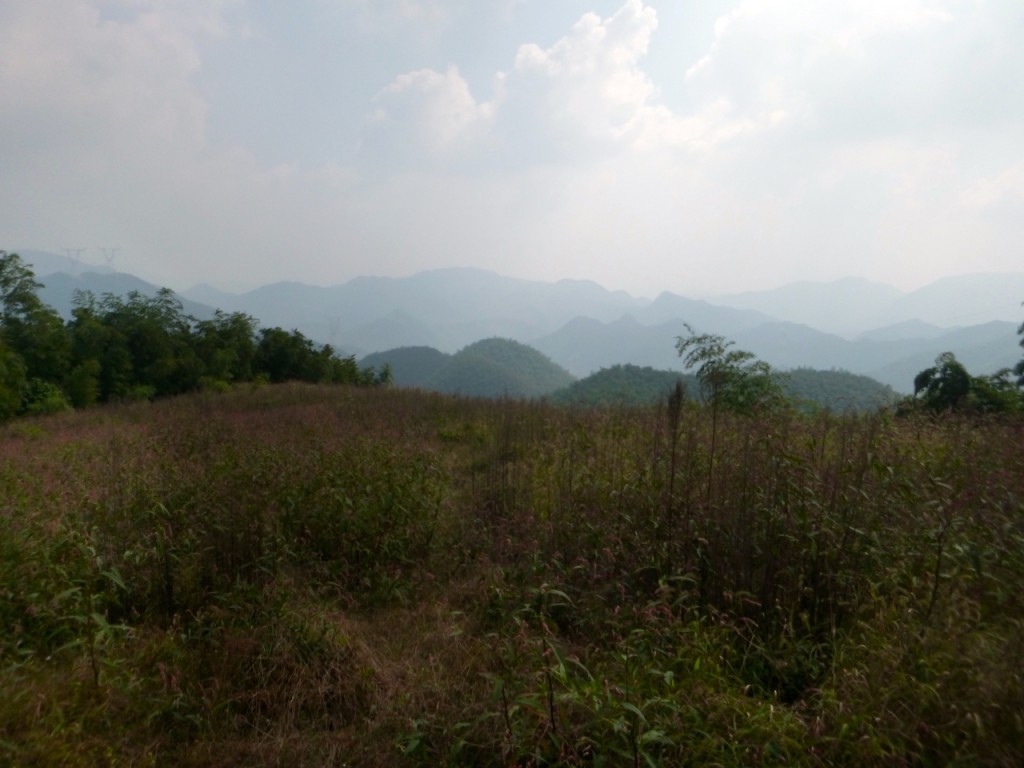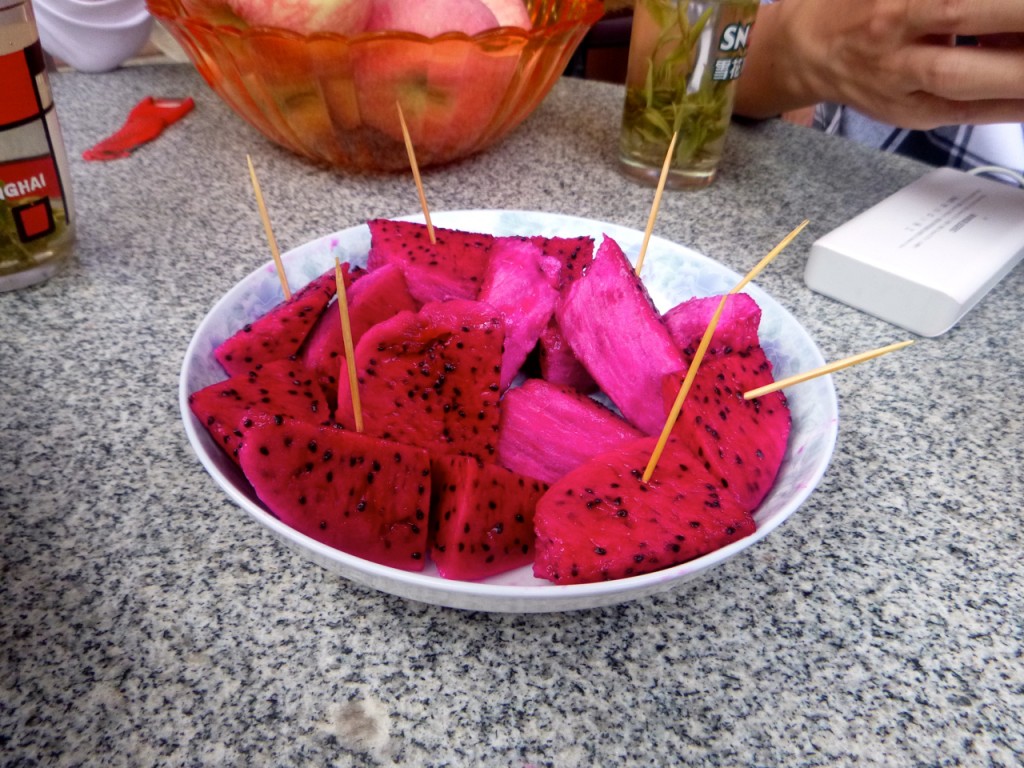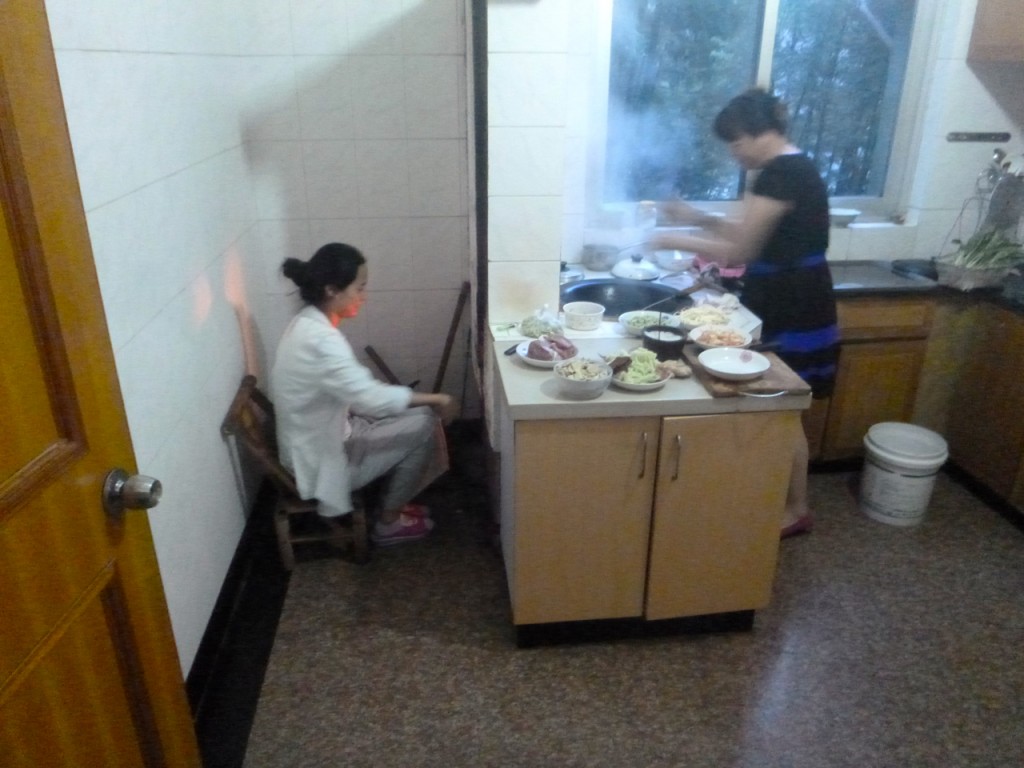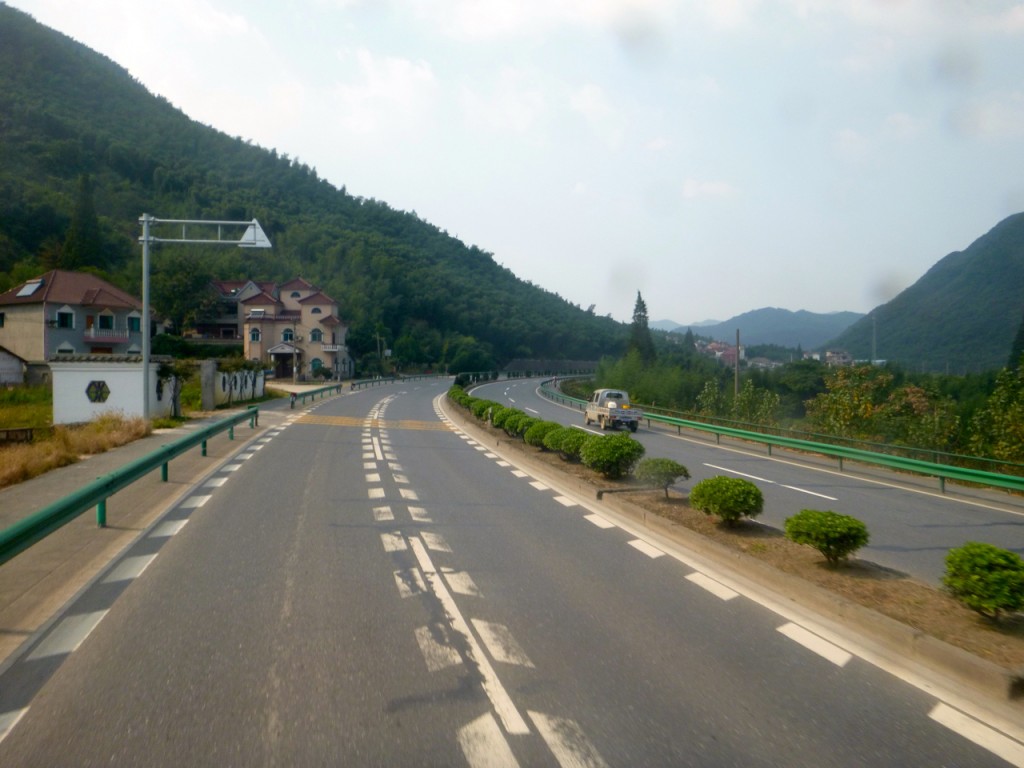For over a week, I spent time living with the Uugwanga family in the rural village of Outapi in northern Namibia. Together, we lived on a farm growing Mahangu and raising chickens. I was the first student that my host family had welcomed into their home that they built themselves. The home is very modest but my family is absolutely amazing. Only my host mom spoke much English but that didn’t stop us from hanging out, telling stories, playing games, and getting to know one another.
All of the water that my family used came from a spicket outside of the house. The spicket pumped water up from an underground well near the house. We used this spicket for everything in the house by filling buckets at the spicket and carrying them around the house. My family worked hard to conserve the water that they had. For instance, when my host father noticed that the spicket was leaking slightly, instead of letting it drip, he put a bucket underneath it and was able to gather a few bucket loads over the course of a day that would have been wasted otherwise. In order to shower, we filled a five-liter bucket with water and carried it into a small room in the house designated for showering. In order conserve the water that was used for showering, my host father actually installed a pipe that lead out of the showering room and into the crops behind the house so that the water would runoff into the field and water the crops.
The interactions I had with my family were absolutely incredible and I quickly learned how to communicate without language. I did learn some Oshiwambo, which is the local language, but I mostly communicated through actions. My best friend on the trip was my 3-year-old host brother, Pini, who claimed me as his own. Pini and I developed our own language and spent almost all of our time together playing keep away or running around the house. Pink was also a troublemaker and never ceased to entertain me, whether it be his dancing or his obsession with my camera or his contagious laugh.
My host family brought me to their church to celebrate the baptism of my 3-month-old host sister, August, and we also had a huge celebration at our home where I was able to meet the whole family. I also was able to attend Easter services with my family that were held at the cemetery in order to emphasize the idea of rebirth. After Easter services, there was a huge celebration at the home of some extended family where almost 80 family members attended. At the celebration, I was introduced to many people and was also given the honor of helping to prepare the meat. This meant that I had to help slice up the freshly slaughtered cow that was hanging on a wall. While it was probably one of the most disgusting things I’ve ever done, it also meant that I got to eat some of the most delicious steak I’ve ever had.
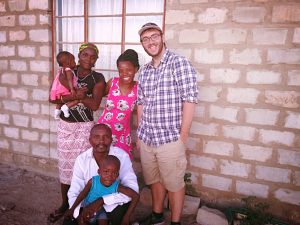
Me and my host family. From left to right: baby August, Florencia, my host father David, Pini, Maggie, and Me
Saying goodbye to my family at the end of the week was extremely difficult because even though it had been such a short time, we had grown extremely close and had learned so much from one another. On the final night with my family, I gave them gifts and pictures of my family so that they could remember me. We also went on a photo shoot around the farm so that we could have pictures with each other. The next morning, my host parents wanted to give me something in return so they gathered up a picture of my host mother and her class (she is a preschool teacher) and my host dad gave me one of his traditional shirts. We then all had to say our goodbyes as Pini and my host sisters, Maggie and Florencia, walked me out. I’ll cherish my memories with them as long as I live and hopefully I can come back to visit again someday.
